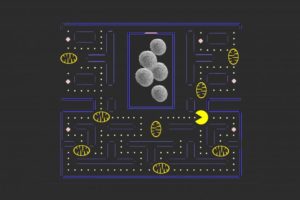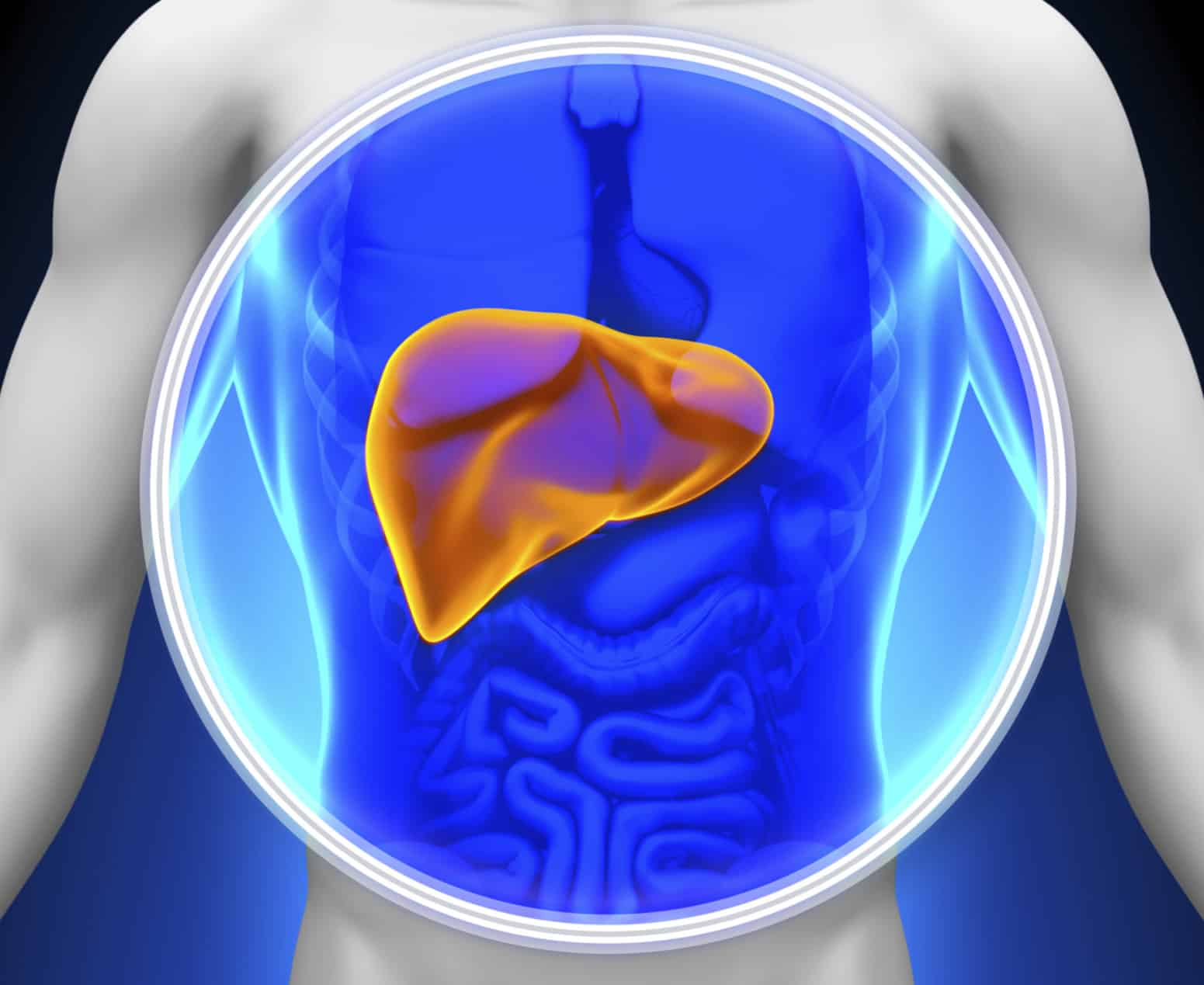“Pac-Man” Might Be Facilitating Of Bad Seeds Of Liver Cancer
“Liver cancer is difficult to treat, and most patients who are diagnosed with it will die within a five-year period,” said Jing-Hsiung James Ou, senior author of a new study and a professor of molecular microbiology and immunology at the Keck School of Medicine. “My team has identified how liver cancer stem cells are maintained. Without these ‘seeds of cancer,’ liver tumors would shrink and eventually disappear.”

There are bad seeds in cancer. Even though we treat patients with chemotherapy, those bad seeds survive and force relapse. That’s why we would like to target the bad seeds in cancer to eradicate recurrence problems and metastasis, which is when cancer spreads to other parts of the body.
Liver cancer is resistant to most chemotherapy medicine. Only three medicine have been efficient in shrinking liver tumors, however tumors grow to be resistant to the remedy shortly, in accordance to the
American Cancer Society.Mitochondria are primarily responsible for providing the contracting cardiac myocyte with a continuous supply of ATP. However, mitochondria can rapidly change into death-promoting organelles. In response to changes in the intracellular environment, mitochondria become producers of excessive reactive oxygen species and release pro-death proteins, resulting in disrupted ATP synthesis and activation of cell death pathways. Interestingly, cells have developed a defense mechanism against aberrant mitochondria that can cause harm to the cell. This mechanism involves selective sequestration and subsequent degradation of the dysfunctional mitochondrion before it causes activation of cell death. Induction of mitochondrial autophagy, or mitophagy, results in selective clearance of damaged mitochondria in cells.
Mitophagy functions as an early cardioprotective response, favoring adaptation to stress by removing damaged mitochondria. In contrast, increased oxidative stress and apoptotic proteases can inactivate mitophagy, allowing for the execution of cell death.
Now, scientists at the USC have discovered that mitophagy is a potential therapeutic goal. Mitophagy may cause tumors to proliferate. That is as a result of a highly effective tumor suppressor referred to as p53 attaches itself to mitochondria. Removing mitochondria inadvertently removes the physique’s pure means to maintain tumors at bay.
If a lot of broken “batteries” are eliminated, then the tumor suppressor p53 may even be eliminated: More cancer stem cells shall be created, leading to extra malignant tumors. However, if this cell cleansing course of is briefly halted, then the variety of cancer stem cells will diminish. Without these seeds of cancer, tumors will regress till they not exist, the scientists say.
“Now that we understand the molecular process, we will be able to target this pathway to stop the production of cancer stem cells,” Ou said. “If cancer stem cells are gone, cancer is gone.”






























